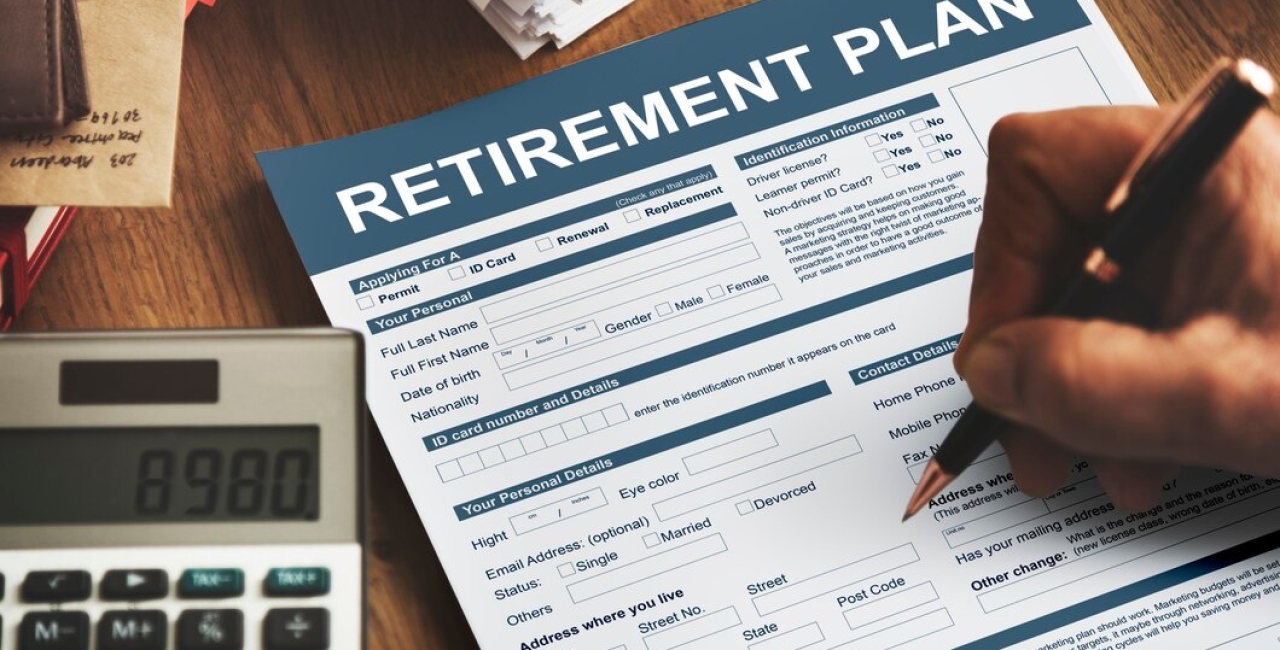Adequate insurance protection to tackle recurring disasters in Nigeria, including market fires, petroleum tanker explosions, and boat capsizing, is lacking in Nigeria, Jacob Adeosun, a risk engineer and industrial safety professional, said.
Adeosun, who spoke in an interview with a select journalist, said the present state of Nigerian markets, the conditions of local boats, and some petroleum tankers may be unattractive to existing insurance companies, hence needing government intervention.
“But these risks must not be left uninsured as they are now, forever. Each time this disaster occurs, the afflicted weep and beg for government help. Nigerian authorities must innovate insurance solution(s) that will support adequate compensation for the afflicted, and I know that such insurance solutions would incorporate loss prevention and regulation enforcement to sustain the scheme.”
Adeosun therefore recommended that President Tinubu task RIMSON, CIIN, NIA, RISAN, and NAICOM to establish a “special” insurance pool to be initially funded by the government and be self-sustainable perpetually.
Still on recurrent devastating market fire disasters in several parts of Nigeria, Adeosun stated that most times the market structures are without inbuilt fire safety features, the occupancies are overcrowded and stocked with several types of combustible and flammable materials in the absence of fire-fighting appliances and skilled safety personnel. “But, it seems the authorities allegedly turn blind eyes to these shortcomings until a disaster occurs.”
“Why are we behaving as if there are no safety standards and regulations for occupational and fire safety practices in Nigeria? Since these exist, why are they not being applied everywhere by everyone? Again, consequence management appears to be lacking in the public domain.”
With similar disasters occurring on a regular basis, there ought to be evidence of punishment for negligent safety practices as a deterrent. If there is none, nothing will be learned, and worse, disasters of similar cause will reoccur. And there seems to be no roadmap of action(s) to right these wrongs. I know President Tinubu has his hands full of national challenges to tackle, but he must not allow this to continue.
What are the issues with preventive regulatory interventions in the Nigerian safety space? He said the practice of safety and loss reduction, including compliance with applicable regulations, is only better known in the oil and gas industry and the “high caliber” manufacturing sectors in Nigeria.
“The public sector and agencies, which should be the “drivers of safety, loss prevention, and regulation practices,” have not demonstrated themselves as the drivers and champions of this most crucial responsibility in Nigeria. The worst conditions for safety, loss prevention, and regulation are in most occupancies of towns and villages with reckless abandon throughout Nigeria.”
“I don’t know what the performance limitation excuses are, but I am sure those in authority are not proud of the disaster records. I believe there are no problems without solutions. The recurrent disasters should not be left to continue. The relevant authorities should demonstrate commitment to addressing safety infractions going forward.”
“Let me state also that safety personnel should pursue Emergency Response holistically without leaving any room for gaps.”
As you might be aware, emergency response comprises Preparedness, Prevention, Mitigation, Response and Recovery. All of these are important in the value chain and there should be no weak link in the chain. For example, why should any boat passenger not wear “Life Jacket” which is the most basic form of survival requirement in simple water transportation? Emergency response without recovery is incomplete and not cheering. Whenever an accident provides room for emergency response, the pride and joy of the intervention are the lives and assets saved, Adeosun advised.






